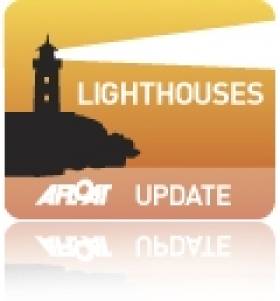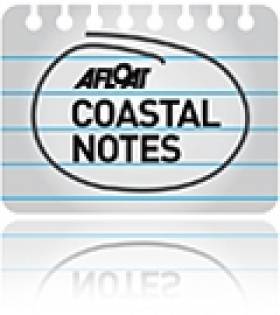Displaying items by tag: fog signals
Foghorns Fall Silent
Ireland's Fog Signals to Fall Silent
Nine lighthouses operated directly by the authority in the Republic and Northern Ireland, along with several others run by harbours or local authorities - including Cork Harbour and Dun Laoghaire - will sound their last fog signals tomorrow.
Capt Kieran O'Higgins of the Commissioners of Irish Lights said the plan was notified to mariners in September 2010, and was taken due to "advances in marine navigation technology".
However Capt Michael Coleman, formerly of the Jeanie Johnston, did not think the plan was adequately publicised. He also noted now many smaller boats without advanced equipment that navigate by charts often reply on fog signals for safe passage.
Even bigger boats that navigate by GPS could be affected in dangerous situations if they suffer a power failure, he said.
On Afloat's official Facebook page, Cork resident Denis Cronin commented: "If this is the last night the [Cork Harbour] fog horn blows, it's a sad night.
"The tune she blows is a comfort for all those at sea and for all those at home for been home safely."
What do you think of the end of Ireland's fog signals? HAVE YOUR SAY on our facebook page HERE!
BBC Article HERE
Irish Times Article HERE






























































